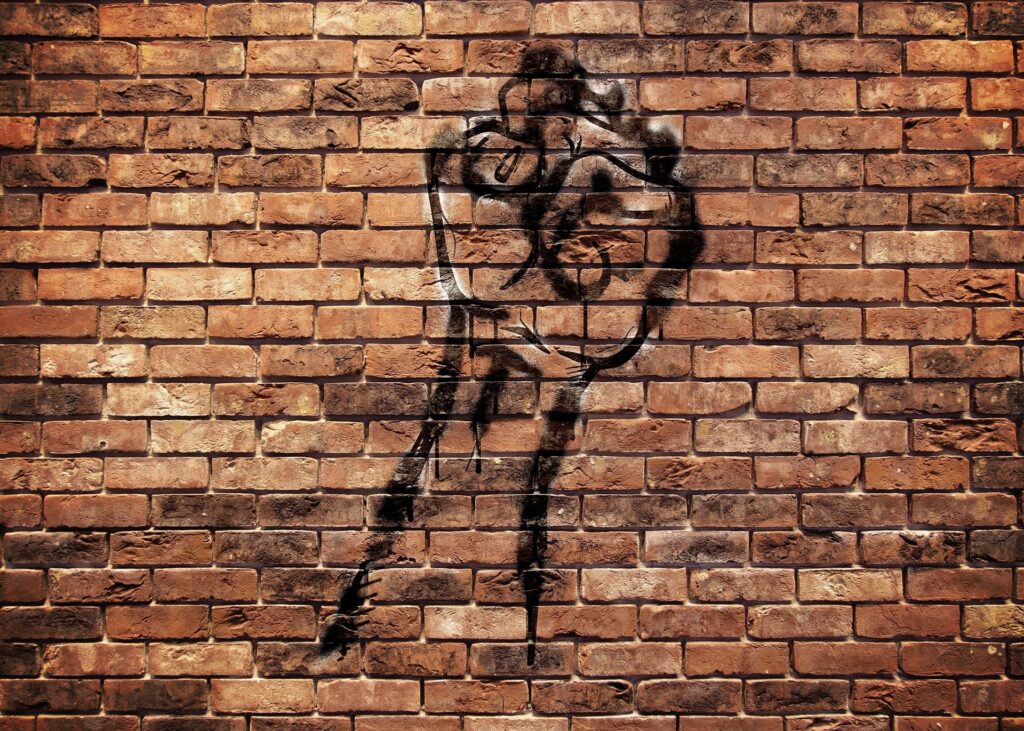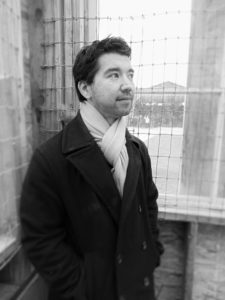
Following is an interview conducted by Superstition Review‘s Poetry Editor, Erin Peters.
Paul Chuks is an emerging Nigerian poet, writer and song writer, studying philosophy at the University of Benin, Edo state, Nigeria. He has appeared or is forthcoming in StreetCake Magazine, Kalahari Review, Neurological Magazine, Afritondo, The Remnant Archive and was recently shortlisted for The 49th Street‘s top ten poets in Nigeria. When Paul is not reading or writing songs, he’s critiquing the hiphop game or mimicking Michael Jackson.
Paul’s Poem:
To the Man Standing at the corner lifting the placard that said “All Lives Matter” as a protest against Black Lives Matter.
Your ancestors have apparelled in seem like bruteness in the past
But in this one, you are standing in a corner watching black lives evanesce like lights beholding a murky sky.
You think about justice, but your soul is
a leaky faucet, expelling your empathy
into an abysmal pit.
My ancestors’ tears are the ghosts of this poem/appearing as metaphors/telling you to drop that placard, go home & shut your mouth like Trump’s border[s]/because you are slow-dancing with the injustice of their history.
You are sipping our pain into a black-
hole/& our cries go out like a bird’s
tweet against a horrendous wind-
storm.
This poem is a scar tissue/like the body of a slave/telling the world/that blacks wouldn’t clamour for their lives to matter if there was fairness/as the world wouldn’t know dryness if there were no tongues.
Interview with Paul:
What motivated you to write your poem as a direct address? What impact do you hope this form will have on your audience?
I wrote the poem as a direct address, because many have allowed themselves to elude the important message of the movement, that is: take black lives seriously as you take others. When George Floyd’s sad situation happened, & the BLM movement kicked off to an almost untamable situation, many on the internet, sewed threads that ran counter to the BLM movement, with the prevalent theme: ALL LIVES MATTER. It irked me because they have not recognized that ALL LIVES MATTER remains a superstition, if a black boy can be shot at, because he reached into his car for his hair-brush, but the officer mistook it for a gun. And the jury acquits the officer on account that he tried to clamp down a druggie. ALL LIVES MATTER is a remark of the ignorant, or the devil, who enjoys the maltreatment of black people.
What has inspired you to write about the Black Lives Matter movement?
I think my biggest inspiration to write about the BLM movement, is the fact that I’m black. I have an ambition of taking a Masters course in America. The moment I get there, I’ll wear the profile of a black boy. I also write about them, because I can feel & perceive their pain. The Injustice makes all of us bleed from sealed places.
What audience do you hope to reach through your poetry? Why is this audience meaningful to you?
My poetry is intended to be variegated with everything possible to make a subject of, so i want the whole world to listen to me, while i play the game of painting pictures with words & inkling of my feeling(s). B: the audience is meaningful because without them, my tag as a poet is a facade. My pets can’t read, neither can the birds that perch on the trees behind my house.
How has the global pandemic impacted your creative process?
The pandemic has not affected my creative process, so far. Rather, my academic life. It has cancelled an academic year, pushing my future farther..all in this transient life.
What is the most important piece of advice you have received as a writer?
My best advice as a writer was gotten from another awesome writer I admire: Nome Patrick. He said: Paul, read more than you write. It was an interesting discussion on the essence of reading and the miracle it does to one’s repertoire. It has worked so far.
What are your upcoming projects?
More & more poetry. In fact, a chapbook is in sight. But for now, more poetry.
 Let me begin at the end like every apocalyptic film. The sun like a pregnant belly swells. We are old (or not.) We are sick (or not.) There is
Let me begin at the end like every apocalyptic film. The sun like a pregnant belly swells. We are old (or not.) We are sick (or not.) There is